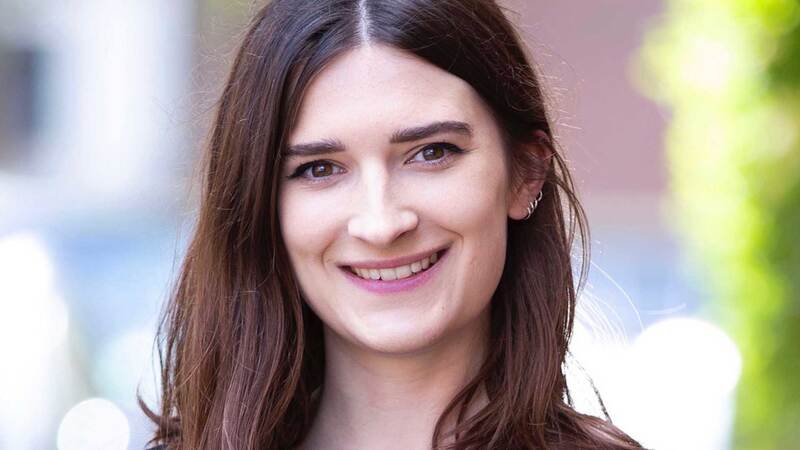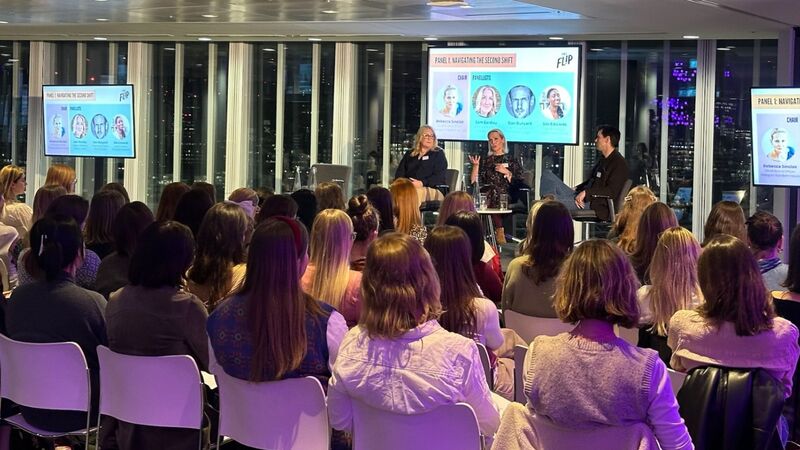You are viewing your 1 free article this month. Login to read more articles.
Booksellers urged to tackle diversity with £50k worth of grants
The Booksellers Association (BA) has unveiled a raft of measures to improve diversity in bookselling, including handing out £50,000 worth of grants to bookshops.
The trade body hopes to help retailers think more closely about diversity when employing new staff, reach out to under-represented communities and better source and sell books which create inclusion and empathy.
As such the BA’s board is providing £50,000 worth of grants of between £250 and £1,500 to bookshops, offered across two years: £30,000 in 2018 will be made available and £20,000 in 2019 will be freed up for projects.
Money from The Diversity & Inclusiveness Grants (DIG) Project will be awarded to those bookshops which can demonstrate how they will use it to deliver practical initiatives to increase inclusivity in their shop or community.
The BA has also joined the Employers Network for Equality and Inclusion (ENEI) and will be running workshops for BA staff members and ensuring it has a wider range of judges on all judging panels for its prizes. It has also commissioned A Guide to Creating an Inclusive Bookshop, to be launched at the BA Conference in September.
Speaking about the grant initiative, Nic Bottomley, newly elected BA President, said he was “proud” to be galvanising action on diversity in bookselling, maintaining that the industry must be “welcoming and relevant for everyone”.
“We know that there is a huge amount of energy in the bookselling community around inclusiveness, but that sometimes it can be hard to know what steps to take to make a difference,” he said. “We hope that the possibility of a grant for bookshops will encourage booksellers to engage yet further with the issue and bring their trademark creativity and hard work to make absolutely sure that our wonderful industry is welcoming and relevant for everyone.”
He added: “Our commitment to diversity and inclusiveness is not limited to the grants. As an association we are still learning and pushing ourselves to be the best we can be and ensure diversity and inclusivity in all that we do, including the awards that we curate, the events we put on.”
The seed for the idea was first sown at the BA Conference last September following a presentation from author and diversity campaigner Kit de Waal, but the move also follows previous criticism of booksellers for not stocking titles by black, Asian and minority ethnic (BAME) authors prominently enough in their stores.
Speaking at a summer drinks reception for the All Party Writers Group (APWG) in May 2016, Trinidadian-British author Baroness Floella Benjamin OBE said that while the publishing industry was "realising that diversity matters" and had "moved miles" in recent times, bookshops had to change to way they treated books by BAME writers. “…the publishers are keen to have a new book out there, but where do the booksellers put it? At a shelf in the back somewhere, under the label black or Asian or whatever kind of books,” Baroness Benjamin said at the time. “We don't want that. That has to change. It's a book for all people, because when you read about other people's culture, about other people's stories, it enriches yours. That's what Britain is all about. Britain is about evolving, this great tapestry that can bring a different way of thinking into other people's lives."
The BA’s initiative follow several from publishers in the trade, such as Penguin Random House’s WriteNow scheme, which seeks to find writers from under-represented communities, Hachette’s Changing the Story, a programme of ideas and initiatives to encourage diversity and inclusion, driven by staff from across Hachette and HarperCollins’ BAME traineeship programme. Additionally, the Publishers Association has released a 10-point action plan to tackle workforce diversity, signed up to by many of its members.
BA m.d Meryl Halls said: “We know that the diversity and inclusiveness conversation is alive and kicking and we have been talking to stakeholders for a long time about how to create a project to support this. One of the challenges with diversity is its depth and range – we are potentially talking about projects that focus on socio-economic status, on race or heritage, on gender or sexuality, on disability and beyond, and it can be hard to garner the confidence to enter a conversation on a subject one may not have experienced first-hand.”
Sharmaine Lovegrove and Cathy Rentzenbrink to join panel
Improving bookseller’s outreach to difference communities also makes good business sense, Halls said.
“We hope to help booksellers make a difference in how they source and sell books which create inclusion and empathy, in how they source and employ new staff, and in how they discover and reach out to new communities. Inclusiveness is an issue for everyone, across the UK. Addressing it is the ethically right thing to do in our divided society, particularly when bookshops are, as Philip Pullman said ‘lantern bearers for civilisation’. It is of course also a potential sales driver where grants might galvanise projects which create new customers and thereby also improve footfall and cashflow.”
Grants will be considered for any inclusiveness project, which could range from extending a bookshop’s reach into under-represented and marginalised communities; improving access for disabled customers; creating children’s or YA reading programmes; re-thinking recruitment processes; building community partnerships to generating reading initiatives with schools; festivals; outreach to under-represented reader communities, such as LGBTQ or building a dyslexia offering, for example.
The panel overseeing who is selected for a grant include Bottomley, Sharmaine Lovegrove, publisher of Hachette’s new inclusive imprint Dialogue Books, Uli Lennart, manager of Gay’s the Word Bookshop in London and Cathy Rentzenbrink, author and former head of Quick Reads.
Booksellers will be able to apply for grants from now on, with the deadline of 20th July for the first tranche of entries. The Judging Panel will decide on the successful 2018 applicants by early September, with the announcements made at the BA Conference in September.



















